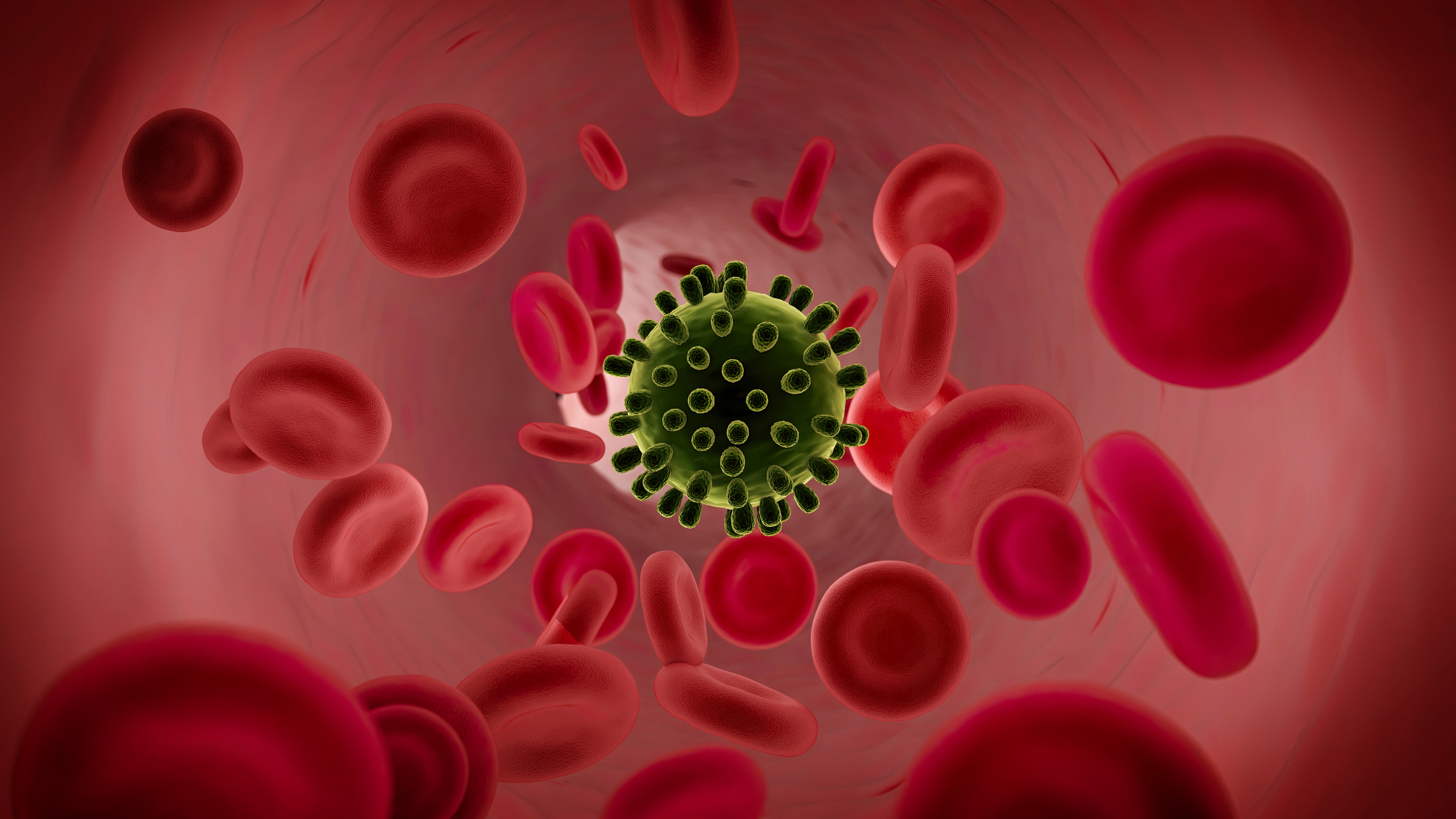Get Easy Health Digest™ in your inbox and don’t miss a thing when you subscribe today. Plus, get the free bonus report, Mother Nature’s Tips, Tricks and Remedies for Cholesterol, Blood Pressure & Blood Sugar as my way of saying welcome to the community!
Newly discovered cause of heart attack hides in plaque

Over a century of cholesterol and coronaries, research is still trying to stop heart attacks.
In the 1950s, cholesterol emerged as a chief player. Later, research revealed that LDL, or “bad” cholesterol, clung to artery walls, contributing to the formation of artery-clogging plaque.
But over the years, research has revealed that cholesterol is just one of many factors that can lead to a heart attack — including diabetes, adipose fat, kidney dysfunction, obesity and lack of exercise, to name just a few.
Then there’s research that uncovers a whole new pathway through which heart disease develops, such as bacteria from the mouth.
Keep that in mind as you read how bacteria, hidden for years in artery plaque, can trigger heart attack, and why this knowledge may make them easier to prevent…
Infectious processes can trigger heart attack cascade
Scientists from Finland and the United Kingdom have uncovered previously unknown evidence that heart attacks may be triggered by infectious processes, rather than just by cholesterol and other lifestyle factors.
Biofilms are sticky, protective layers that shield bacteria from immune responses and antibiotics. In this recent research, such biofilms have been discovered inside atherosclerotic plaque, where they likely formed over and protected bacteria for years, even decades.
These bacteria can remain dormant for years, but can be activated by external forces, such as a viral infection.
Scientists observed that when this happened, the person’s immune system responded, triggering inflammation, which ruptured arterial plaque and caused blockages that led to heart attack.
“Bacterial involvement in coronary artery disease has long been suspected, but direct and convincing evidence has been lacking. Our study demonstrated the presence of genetic material — DNA — from several oral bacteria inside atherosclerotic plaques,” explains Professor Pekka Karhunen, who led the study.
These findings pave the way for the development of new diagnostic and therapeutic strategies to prevent or treat heart attacks — including, the researchers say, the possibility of preventing coronary artery disease and heart attack by vaccination.
A missing step for heart protection
As odd as it seems, this isn’t the first time I’ve encountered research linking immune response and inflammation to heart attacks.
In 2020, researchers from Charité – Universitätsmedizin Berlin and the German Centre for Cardiovascular Research (DZHK) discovered that in approximately 25% of heart attack patients, the trigger was activated immune cells — specifically, T-lymphocytes (T cells).
According to that research, a “misguided adaptive immune response” activated T cells to accumulate on the inner lining of the artery wall, where they damaged the lining and contributed to the formation of a blood clot. Following an inflammation cascade, the plaques erode, resulting in debris in the bloodstream and artery-blocking clots that trigger a heart attack.
That research, like this newest one, was significant for demonstrating that heart attacks can have different pathophysiological origins — including an immune-mediated mechanism.
So, in addition to doing all the right things to promote heart health, it may be time to add “promoting a healthy and balanced immune system” to that long list.
A balanced immune response activates T cells in a measured response to pathogens without creating so much inflammation that it harms the body’s own tissue.
The opposite of this is what we see in autoimmune conditions, where the immune response becomes overly active and goes rogue. Specific nutrients have been found effective at dialing it back, including one that strengthens the immune system and one that reduces inflammation: Vitamin D and omega-3 fatty acids.
Plus, both of those are also known to support heart health. Are you starting to see how it all comes together?
Editor’s note: Do you know that poor gums and teeth are linked to the number one killer in America? Not to mention kidney disease… rheumatoid arthritis… Parkinson’s disease… depression… and so much more. Click here to discover America’s Hidden Dental Health Crisis: How to protect yourself and your family from this dangerous public health peril!
Sources:
Heart attacks may actually be infectious — Science Daily
Viridans Streptococcal Biofilm Evades Immune Detection and Contributes to Inflammation and Rupture of Atherosclerotic Plaques — Journal of the American Heart Association














